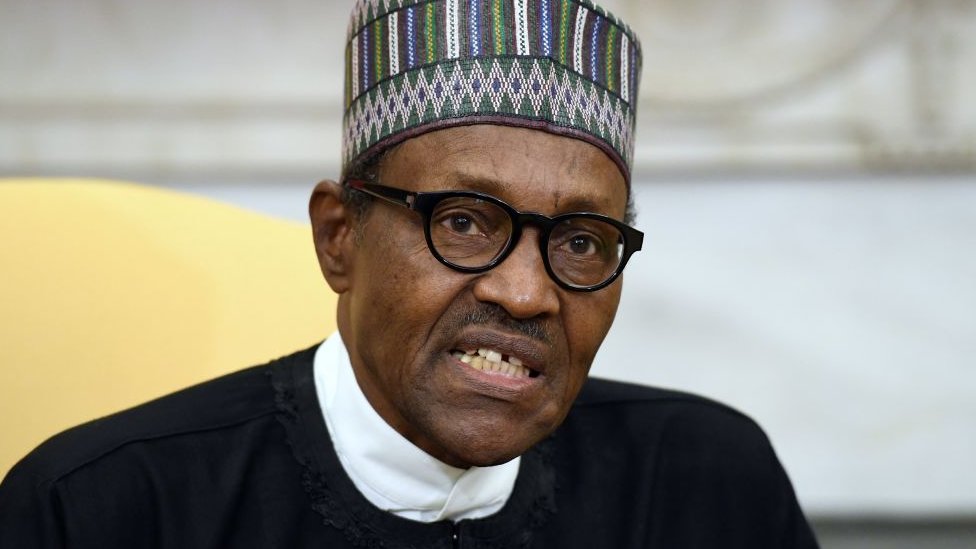On the occasion of this year’s International Day to End Impunity for crimes against journalists, Media Rights Agenda (MRA) today called on the Federal Government to facilitate the establishment of mechanisms to combat impunity for attacks and violence against media workers in order to ensure accountability for such acts and discourage future attacks.
In a statement issued in Lagos, MRA’s Executive Director, Mr. Edetaen Ojo, insisted that developing and implementing strategies for combatting impunity for attacks and violence against journalists and other media workers was one of the most effective ways of responding to the high incidence of crimes against journalists in the country and preventing future attacks.
He said: “Any failure on the part of government to take decisive action to end impunity for crimes against journalists and put mechanisms in place to respond to, punish perpetrators and prevent future attacks will create a vicious circle where journalists do not get justice for the crimes committed against them while the perpetrators are emboldened and will continue such attacks unchecked.”
Mr. Ojo outlined options open to the Government in developing and implementing such strategies to include the establishment of a multi-stakeholder independent commission; the creation of special investigative units; or the appointment of a special prosecutor as well as the adoption of specific protocols and methods for investigating cases and prosecuting the perpetrators of such attacks while also protecting journalists and media workers who are threatened.
He said the mandate of such a body or official would conceivably include conducting speedy, thorough, independent and effective investigations into all cases of alleged violence, threats and attacks against journalists and media workers, such as physical attacks, assaults, cases of torture, unlawful arrests and detention, threats to life or of physical harm, seizure or destruction of professional equipment, and bringing the perpetrators to justice, including those who ordered the attacks, conspired to carry them out, aided and abetted or covered up such crimes. The mechanism would also ensure that victims and their families have access to appropriate compensations, assistance and restitution.
Mr. Ojo called on the Federal Government to urgently convene a meeting of stakeholders to discuss the matter in detail, agree on the most effective national mechanism to be adopted and decide how it should operate as well as its powers and functions.
He called on the Government to fulfill its international obligations by launching a serious and transparent investigation into all unresolved cases of murders of journalists, noting that since the 1986 assassination of the former Editor-in-Chief of Newswatch magazine, Mr. Dele Giwa, numerous journalists have been killed in the country and that in none of these cases have the perpetrators been identified, tried in court, convicted and punished for their crimes.
Mr. Ojo also observed that over the years, there have been hundreds of other cases of attacks on journalists, other media workers and media facilities which have not been seriously investigated and for which the perpetrators have not been prosecuted and punished.
According to him, “Over the last one month, we have witnessed attacks on journalists and media organizations in such numbers, with such intensity and brazenness never before seen in our recent history. While the government’s track record of respect for and protection of media freedom has never been remarkable, events in the past few weeks indicate an escalation in the attacks against the media that is extremely concerning.”
Mr. Ojo argued that the Government’s lukewarm attitude towards attacks on the media, even when government officials or security agents are not the perpetrators, is not only unhelpful to international efforts to combat impunity for crimes against journalists everywhere, but also constitutes an abdication of responsibility.
He contended that although journalists and media organizations are the immediate and primary victims of such attacks, given the important role that the media play in society, including in advancing democratic culture and practice, the ultimate losers are Nigerians in the wider society as most of them would remain ill-informed and even more susceptible to fake news, misinformation and disinformation.
The United Nations General Assembly proclaimed November 2 as the International Day to End Impunity for Crimes against Journalists in Resolution A/RES/68/163, adopted on December 18, 2013 in which it urged UN Member States to “do their utmost to prevent violence against journalists and media workers, to ensure accountability through the conduct of impartial, speedy and effective investigations into all alleged violence against journalists and media workers falling within their jurisdiction and to bring the perpetrators of such crimes to justice and ensure that victims have access to appropriate remedies.”
For further information, please contact:
Idowu Adewale
Communications Officer
Media Rights Agenda (MRA)
E-mail: idowu[@]mediarightsagenda.org




